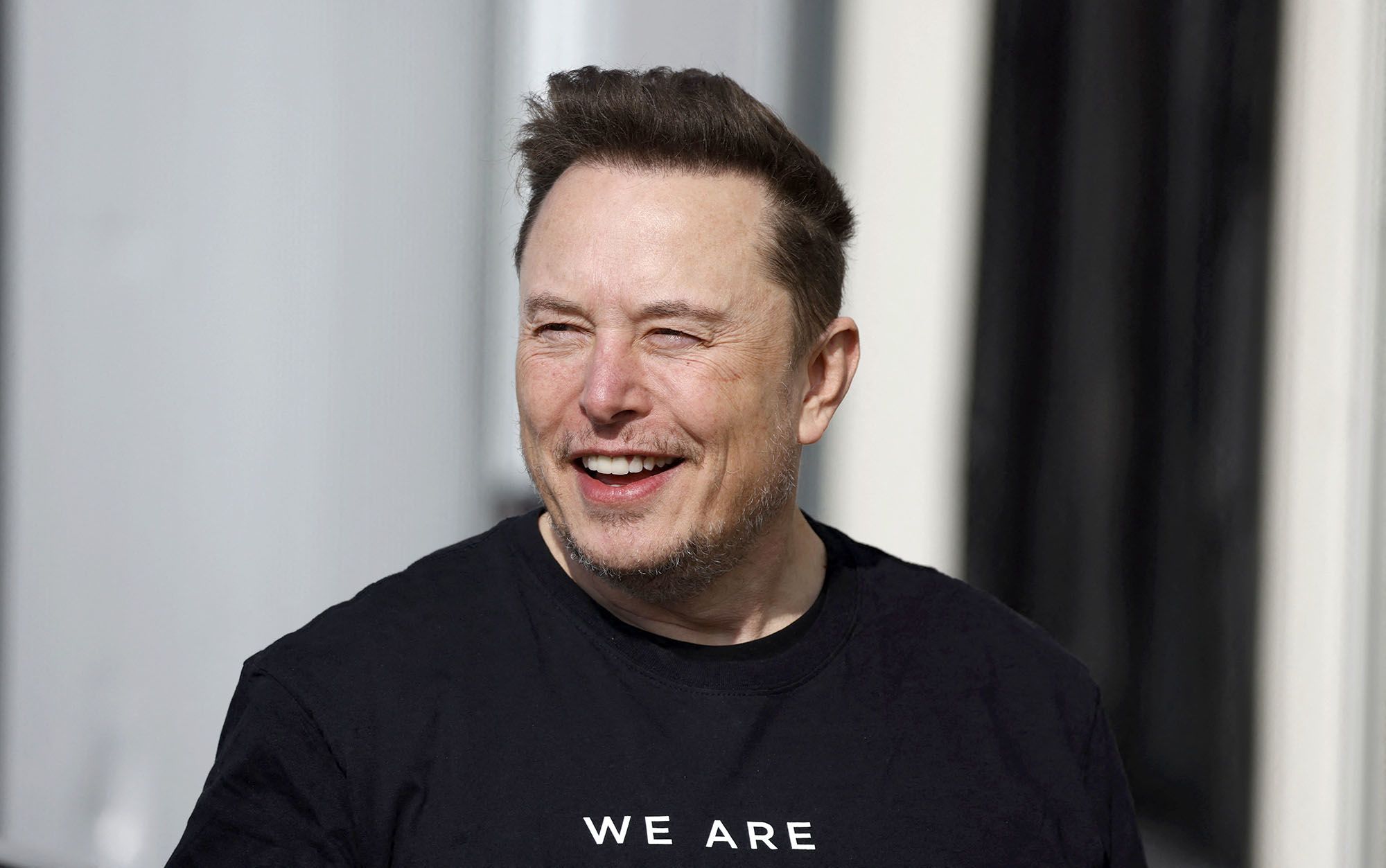Over the weekend, billionaire Elon Musk made headlines by publicly pledging to disobey legal orders in Brazil amid a dispute with the country’s Supreme Court over social media censorship. Musk, the owner of X, a prominent platform, vowed to reinstate blocked accounts, even at the risk of shutting down operations in the country, following directives from Justice Alexandre de Moraes.
The clash comes amidst Brazil’s efforts to combat misinformation and hate speech, with the Supreme Court cracking down on social media accounts. Musk’s defiance targeted Justice de Moraes directly, branding him as a “brutal dictator” and questioning the integrity of the Brazilian legal system.
While Musk frames the controversy as a battle for free speech, critics argue it undermines Brazil’s judicial authority and exacerbates political polarization. The judiciary, including Justice de Moraes, has played a crucial role in safeguarding democracy during turbulent times, notably during Jair Bolsonaro’s presidency.
However, Musk’s actions have ignited intense debate, with some viewing him as a champion against judicial overreach, while others perceive his defiance as an attack on Brazil’s sovereignty. The immediate fallout includes a criminal investigation into Musk for alleged obstruction of justice, indicating the severity of the situation.
As tensions escalate, the fate of X in Brazil remains uncertain, with discussions of potential shutdowns looming. Both Musk and the Brazilian judiciary face challenges in finding common ground, balancing concerns over censorship with respect for legal authority.
In the midst of this standoff, a resolution seems distant, with implications extending beyond social media regulation to broader political discourse and institutional integrity in Brazil. As stakeholders navigate this complex terrain, the consequences of Musk’s actions reverberate, underscoring the intricate dynamics between technology, governance, and democracy in the digital age.






